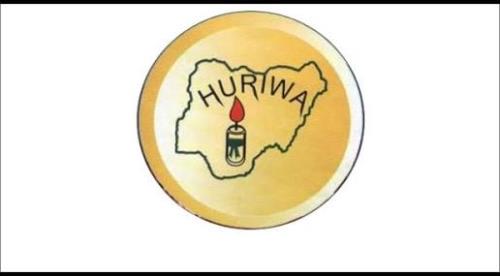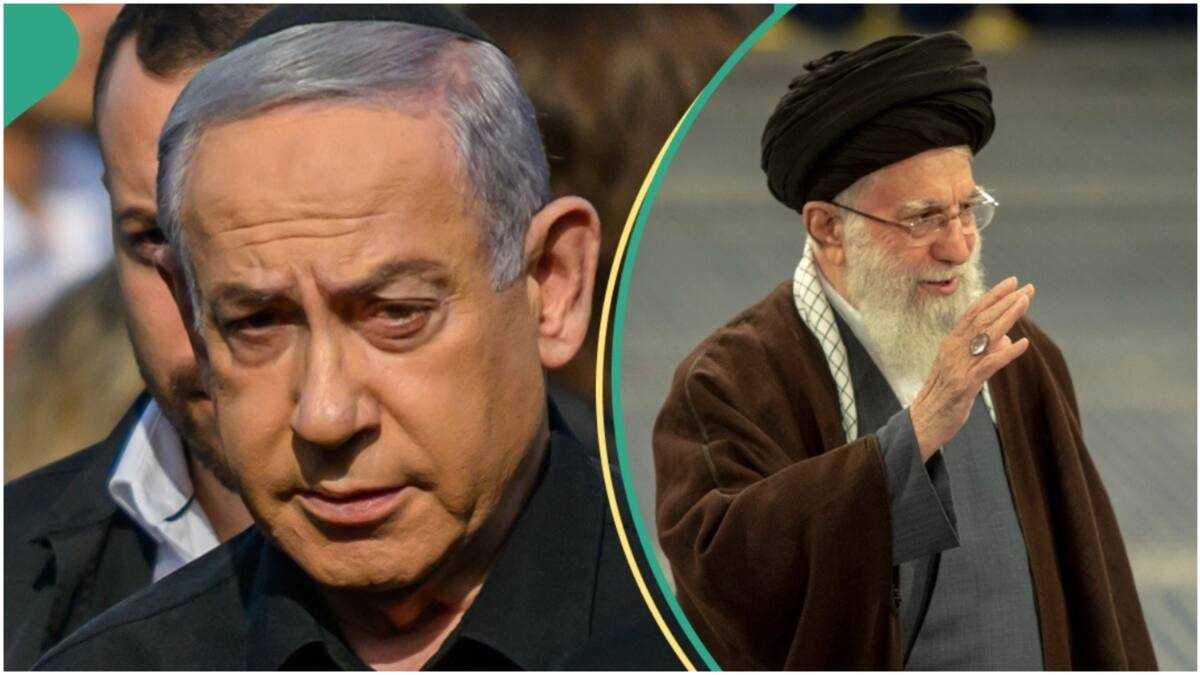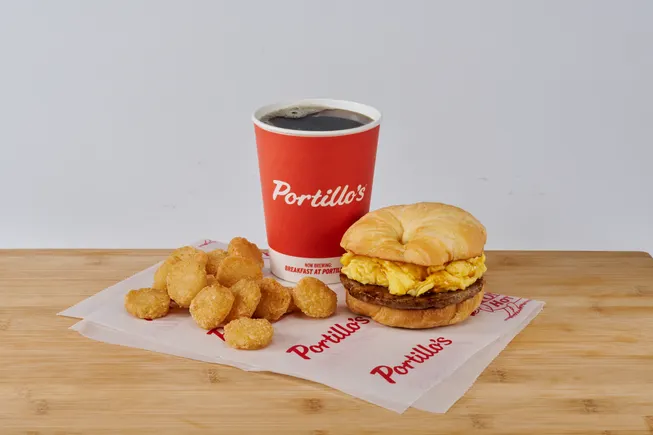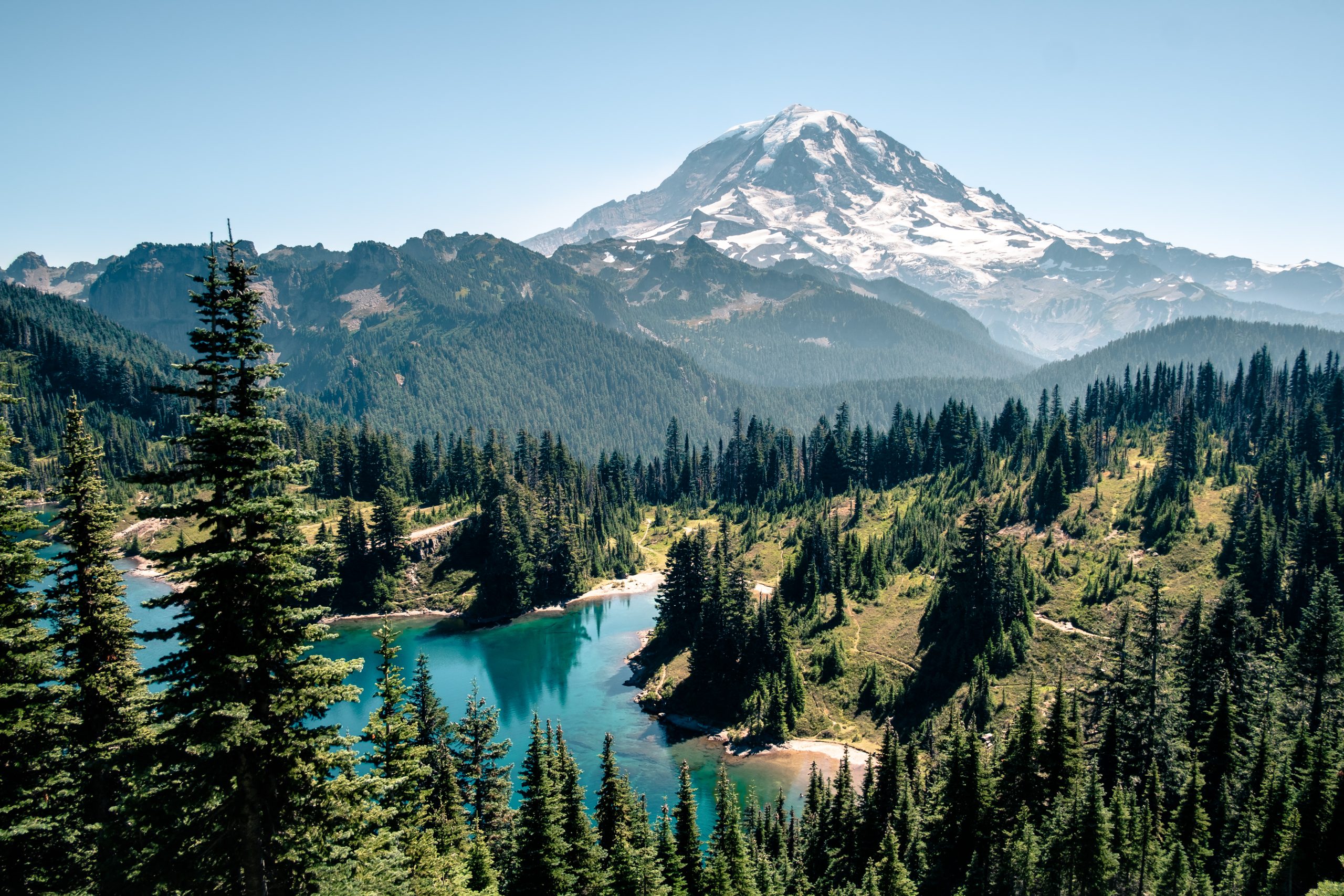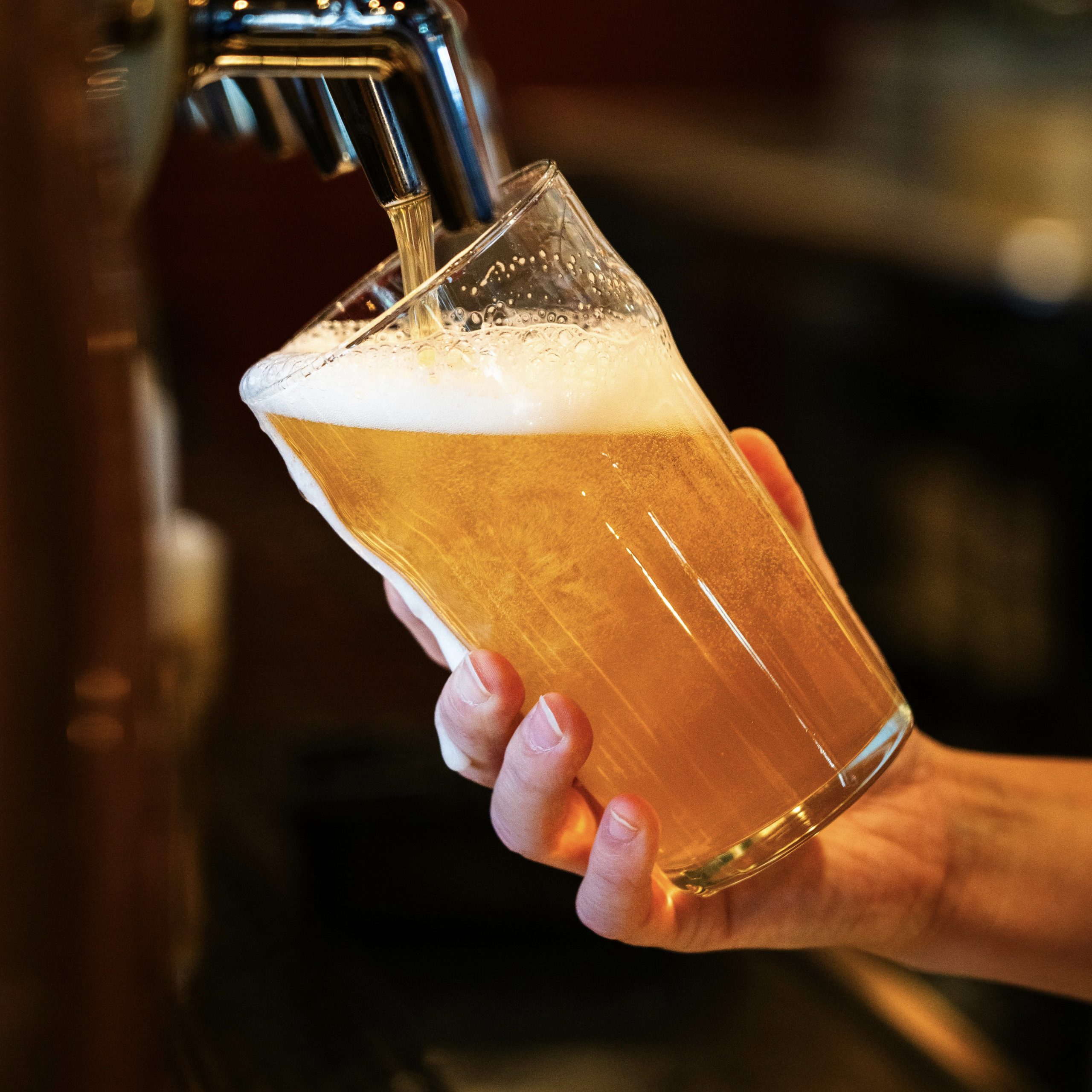For mothers like Indy Clinton, there are many upsides to being a content creator – you’re your own boss, you can work from home with your children, you have direct access to a like-minded community. But there’s one major downside: trolls.
Clinton, an Australian “mumfluencer” who won TikTok creator of the year in 2023, has repeatedly called out bad online behaviour, particularly when it comes to hateful comments. Then she hired a private investigator to help expose the identities of those who continuously “online troll, defame and cyberbully” her.

Indy Clinton is coming after her trolls. Could this be the end of online anonymity?Credit: Jedd Cooney
The three-month investigation resulted in a 64-page dossier, and Clinton has said she is prepared to hold her online bullies accountable.
Clinton told this masthead she was waiting on “a few back-end things” before commenting on next steps. This follows more forthright statements on her social media accounts.
“These faceless strangers are hiding behind anonymous accounts destroying mental health and costing lives,” she said. “I will create change and I will make an impact because if this can affect a 27-year-old mother with three kids, and almost rob them of their mother, this can affect anyone.”
Loading
So, what could this mean for influencers and their trolls – could it spell the end of online anonymity?
Online trolls do appear to lurk in every corner of the internet. One in three Australian adults witnessed online hate in 2022, and almost one in five (18 per cent) have personally experienced it. This has had a detrimental effect on users’ mental health, with more than half of adults surveyed by the eSafety Commissioner reporting at least one significant negative impact following online hate.
Dr Rachel Faleatua, a gender and cultural studies academic at The University of Sydney, says trolling appears to be escalating for several reasons, including the continued proliferation of social media, lack of regulation, and the ease of anonymity, which emboldens some users to “act aggressively without fear of consequences”.
“Algorithms may unintentionally amplify inflammatory or divisive content, encouraging pile-ons. Social norms around online behaviour haven’t kept pace with technological change, and some communities foster toxic behaviour that becomes normalised over time,” she says.
Online trolls have been an issue since social media began, but they’re arguably becoming more visible as influencers like Clinton increasingly call them out.
And she’s not alone. Speaking on TikTok last week, Sydney content creator and lawyer Fidan Shevket said she has also consulted a lawyer about her own online trolls.
Not every creator can afford to launch an investigation or file a lawsuit. However, there are systems in place on social media designed to protect every creator, regardless of how many followers they have.
TikTok, Instagram, Facebook and YouTube state that bullying is not tolerated on their platforms. According to TikTok and Instagram, which were approached by this masthead for comment, the platforms detect and remove content and ban accounts in violation of its community guidelines, and offer ways to report offensive content. Creators can also control who can comment on their content (for example, only those they follow), filter unwanted comments, and block comments that use specific words.
YouTube also has a three-strike system, which sees channels that repeatedly violate policies terminated, as well as a webform for users to file privacy or defamation complaints, which are evaluated on a case-by-case basis.
The eSafety Commission says adults experiencing cyberbullying should first report it to the platform. If the content isn’t removed, they should report it directly to eSafety, which will launch an investigation and offer support service referrals.
Despite these protections, lecturer in digital content creation at The University of Sydney, Brittany Ferdinands, says current regulation isn’t strong enough.
“These tools are often reactive, inconsistently applied, and thus insufficient to prevent repeated or systemic abuse,” she says. “There are also grey areas as to what’s considered bullying, which can make identifying it a technological challenge.”
True anonymity online is a myth, says Richard Parker, chief strategy officer at social media and influencer marketing company, We Are Social Australia.
“People can hide behind pseudonyms or VPNs, but there will always be a digital breadcrumb trail. Anyone posting anonymously needs to remember that IP addresses and other identifiers [metadata, timestamps] can often be traced if there’s a legal reason to do so.”
Even if people feel hidden online, Parker says laws around defamation and harassment still apply. Exposed trolls could therefore face defamation lawsuits, court-ordered injunctions, and freezing of assets.
“Civil lawsuits for defamation can end up costing a fortune in damages,” Parker says. “There’s also the real possibility of criminal charges, for example, using online services to harass or menace, which can mean jail time. Beyond the legal stuff, there are also the social repercussions. If your employer or friendship group finds out you’re an online troll, it could lead to job loss and serious reputational damage.”
Clinton’s actions could serve as a wake-up call, Faleatua says.
Loading
“It shows the veil of anonymity isn’t unbreakable and may prompt both trolls and influencers to reconsider their actions. This isn’t likely to lead to widespread behavioural shifts overnight, but it adds to a growing narrative: that online hate has real-world consequences, and people are beginning to fight back more proactively,” she says.
It’s not as simple as just banning anonymity online, Ferdinands says. There are instances in which anonymity is important – for example, for whistleblowers, survivors, political dissidents and marginalised voices.
“The challenge isn’t banning anonymity, but designing accountability. Through more nuanced moderation systems and clearer enforcement and cultural education, the strengths of anonymous expression should be able to coexist with protections against harm.”
Platforms need mandated transparency, stronger enforcement of community standards, and anonymised whistleblower protections, all supported by legislation that upholds users’ rights and safety, she says.
